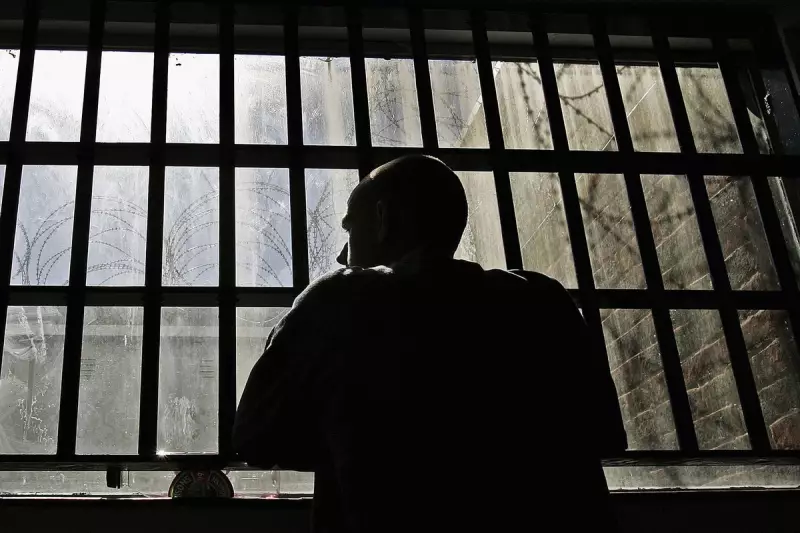
The Chief Probation Officer for England and Wales, Martin Jones, has issued a stark warning over what he terms a 'genuine scandal' unfolding within the British justice system. Nearly 1,800 inmates are still imprisoned under the abolished Imprisonment for Public Protection (IPP) scheme, with many having served years beyond their original minimum tariff.
Introduced in 2005 and scrapped in 2012 after being deemed unjust by the European Court of Human Rights, IPP sentences were a form of indeterminate imprisonment. They were designed for serious offenders who posed a significant threat to the public but whose crimes did not warrant a life sentence. The scheme was abolished for new cases, yet it left a devastating legacy for those already sentenced.
A Life on Hold
"These individuals were given a short tariff, perhaps two or three years, but have ended up serving 10, 15, or even 17 years," Jones explained. This creates an impossible psychological burden for prisoners, who have no definitive release date and live in a state of perpetual uncertainty.
The Parole Board faces immense pressure, tasked with assessing whether an IPP prisoner remains a danger to the public. However, critics argue that the system sets inmates up to fail. Without access to necessary rehabilitation courses to prove they have changed, many remain stuck in a cycle of hopelessness.
A System Struggling to Cope
The human cost is immense. Jones revealed that self-harm rates among IPP prisoners are significantly higher than in the general prison population. The situation is further straining a probation service already stretched to its limits, struggling to manage the complex needs of this group.
Despite the government's resentencing exercise aimed at addressing the issue, progress has been painstakingly slow. The Justice Secretary has acknowledged the problem, but concrete solutions to safely reduce this population remain elusive.
Call for Decisive Action
Martin Jones's intervention adds significant weight to calls from charities, lawyers, and MPs for the government to take more radical action. Proposals include a major resentencing program or granting presumptive release to those who have served far beyond their tariff.
This ongoing crisis represents one of the greatest stains on the modern British justice system, leaving thousands of individuals and their families in a desperate limbo, awaiting a resolution that seems perpetually out of reach.





